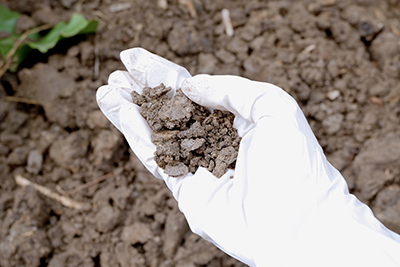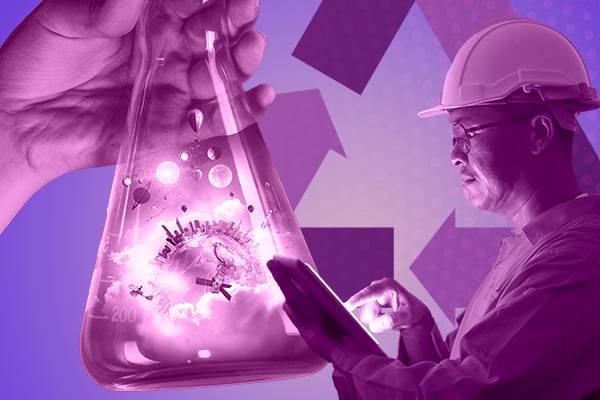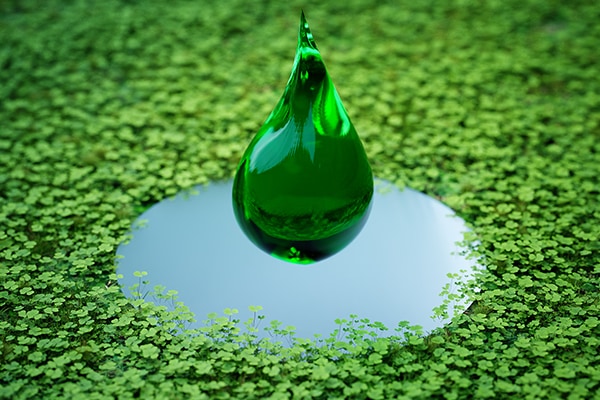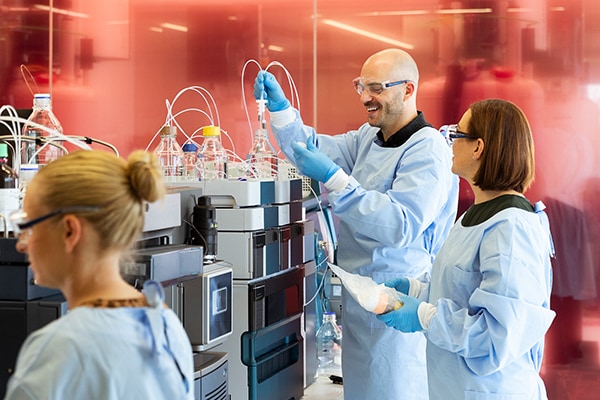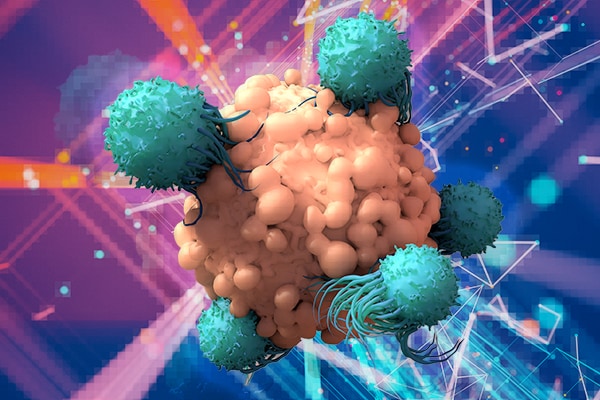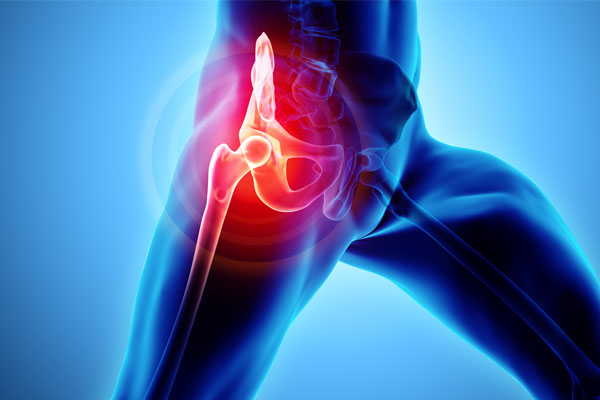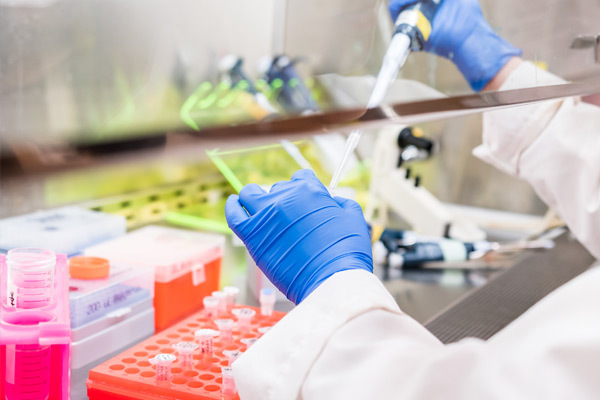The volumes of plastic waste are staggering with over 90% of generated plastic ending up in a landfill, incinerator, or ocean. However, what if we could harness valuable carbons to make versatile chemical building blocks? Furthermore, during the last decade of mechanical recycling it has been found that not all polymers that are labeled as recyclable are truly components of a circular economy. However, a transition to chemical recycling may allow us to tackle the enormous amount of plastic waste we generate in the plastics, packaging, and consumer goods industries.
Listen as Katrina Knauer of BioCellection Inc. and Philippe Reutenauer of Léa Nature discuss how chemistry is being used to harness valuable carbons and create a true circular economy for plastics. In specific, join Live to discover new chemical pathways for decomposing plastic waste into novel monomers that can be upcycled into high-performing polymers as well as the challenges and opportunities that industry is addressing for packaging as we look to eliminate single-use plastics through chemical recycling.
* If you are having technical difficulties viewing the video please try different internet browsers like Chrome, Firefox, and Explorer. If you still can not access the video please review the following computer prerequisites from our video hosting platform.
What You Will Learn
- Challenges in recycling of plastics and scaling new depolymerization technologies
- Chemical pathways for breaking down single-use plastics with an emphasis on polyethylene
- Synthesis of new polymers from chemically recycled monomers
- How food companies can modify their relationship towards plastics to face the public concerns linked to plastic packaging
- Mechanical recycling and its limitations and the emerging solutions for chemical recycling



